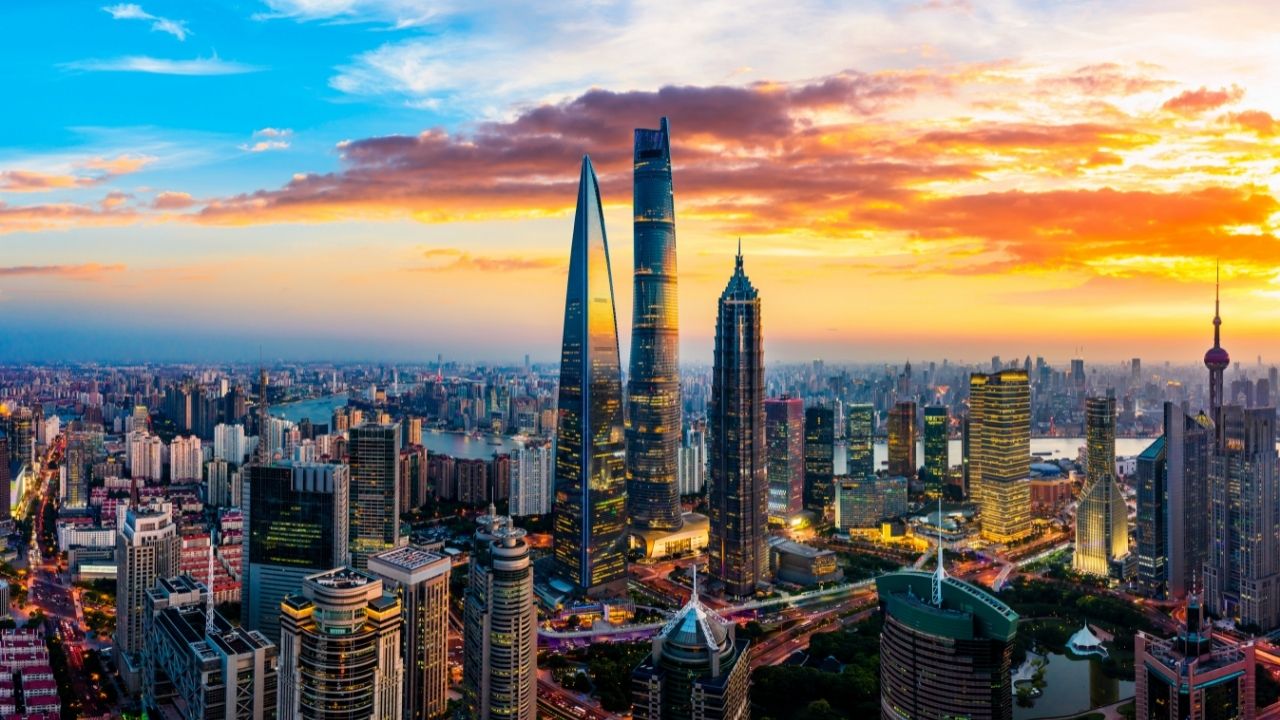The global workforce has undergone a major transformation in the past two years, with workers increasingly prioritizing work-life balance.
However, there are still some parts of the world that still see people working six days a week due to the notion of “hard work [being] associated with success” according to James Root, partner and co-chairman at Bain & Company’s think tank Bain Futures.
“Asia is home to some countries with famously long working hours — South Korea, China, and Japan, for example,” said Root. However, “firms all over the world, including Asia, are constantly looking for ways to make [offices] more fulfilling places to work.”
While companies have taken various approaches to creating a workplace that professionals actually want to come into, the option of a four-day work week has grown in popularity in recent years.
Although places like Japan have become known for their intense work culture, the pandemic has showcased the inherent problems in the country’s normalization of long work hours.
“The well-being of our employees is a priority, and it is important that we communicate and promote an understanding of this purpose,” said Airi Minobe, a spokesperson for Panasonic.
To combat this, Panasonic recently announced that they would provide workers with an optional four-day work week arrangement that hopes to encourage a better work-life balance for employees. However, this option will not be available “until April 2023 at the earliest” according to Minobe.
A survey from research firm Milieu shows that employees are growing to desire shorter work weeks too. The survey of employees across Asia showed that 76% of Singaporeans are interested in positions that offer three-day weekends.
“In mature economies like Singapore, it starts to become about the quality of life and what work means,” said Jaya Dass, managing director at recruitment agency Randstad Singapore.

 Dr. Gleb Tsipursky – The Office Whisperer
Dr. Gleb Tsipursky – The Office Whisperer Nirit Cohen – WorkFutures
Nirit Cohen – WorkFutures Angela Howard – Culture Expert
Angela Howard – Culture Expert Drew Jones – Design & Innovation
Drew Jones – Design & Innovation Jonathan Price – CRE & Flex Expert
Jonathan Price – CRE & Flex Expert









